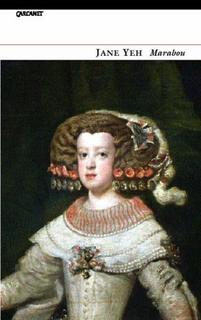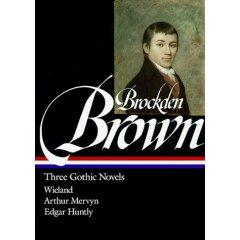Props to my Pepys
I've been dipping into Pepys's diary online for about a month now—here's the entry keyed to yesterday's date, with one word bolded:
Tuesday 29 July 1662
Early up, and brought all my money, which is near 300l., out of my house into this chamber; and so to the office, and there we sat all the morning, Sir George Carteret and Mr. Coventry being come from sea. This morning among other things I broached the business of our being abused about flags, which I know doth trouble Sir W. Batten, but I care not. At noon being invited I went with Sir George and Mr. Coventry to Sir W. Batten’s to dinner, and there merry, and very friendly to Sir Wm. and he to me, and complies much with me, but I know he envies me, and I do not value him. To the office again, and in the evening walked to Deptford (Cooper with me talking of mathematiques), to send a fellow to prison for cutting of buoy ropes, and to see the difference between the flags sent in now-a-days, and I find the old ones, which were much cheaper, to be wholly as good. So I took one of a sort with me, and Mr. Wayth accompanying of me a good way, talking of the faults of the Navy, I walked to Redriffe back, and so home by water, and after having done, late, at the office, I went to my chamber and to bed.
He mentions "mathematiques" often; could it be an early version of "sudoku"?




